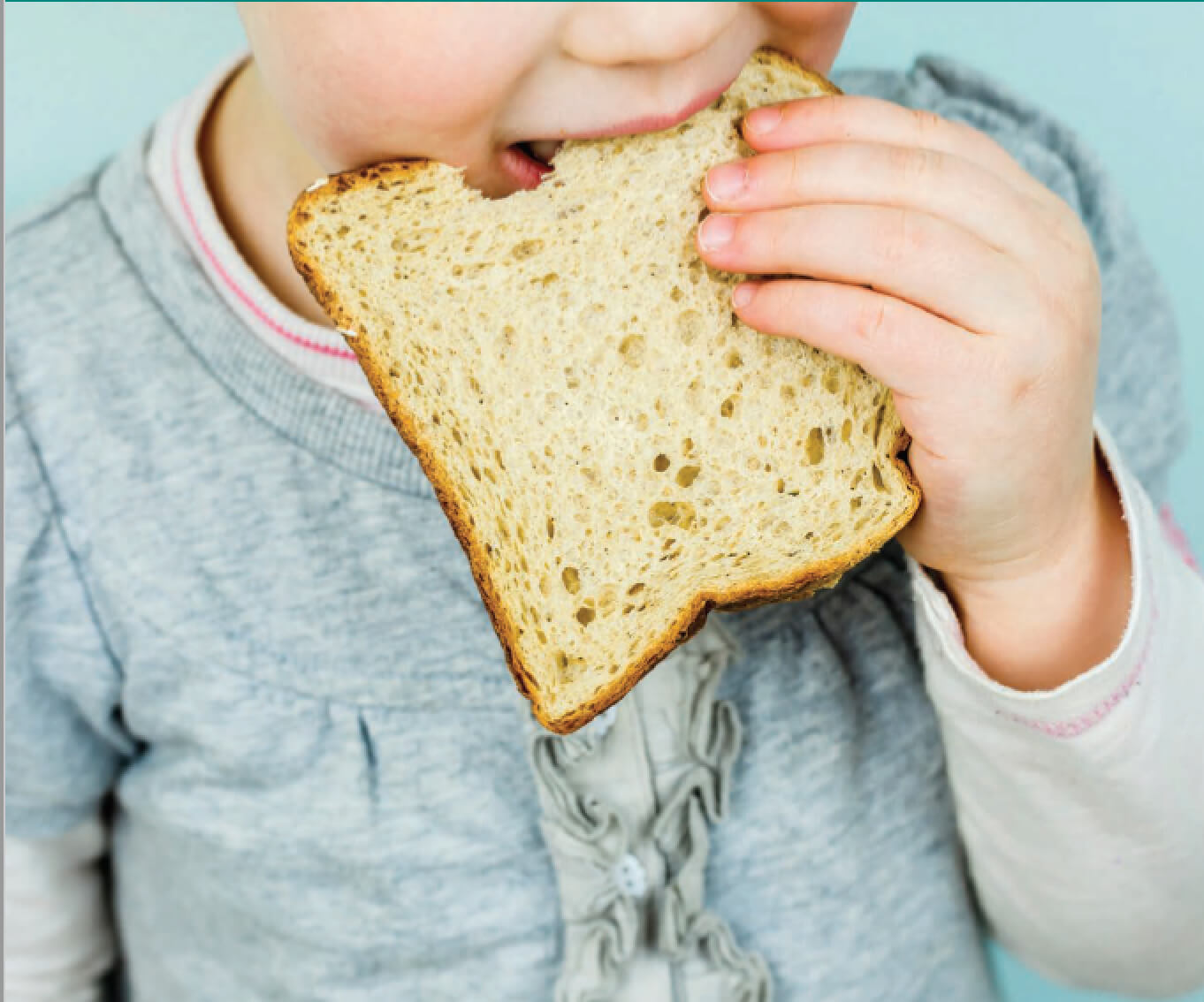The key culprits in tooth decay in New Zealand children

July 11, 2020
The foods most associated with tooth decay in New Zealand children are white bread, fruit juice, refined breakfast cereals and sugar sweetened soft drinks.
The foods most associated with tooth decay in New Zealand children are white bread, fruit juice, refined breakfast cereals and sugar sweetened soft drinks.
That’s according to new research from the University of Auckland and Starship Children’s Hospital examining information collected by the country’s largest longitudinal study of child development, Growing Up in New Zealand.
The study was funded by the Starship Foundation as part of ongoing efforts to improve children’s dental health and prevent early childhood dental caries.
A paediatric dentist at Starship Children’s Hospital, Dr. Katie Bach, says thousands of children face hospital treatment every year because of tooth decay.
“Dental caries is the leading cause of avoidable hospital treatment for children in this country and action is needed to ensure that children do not have to endure potentially invasive oral surgery,” she says.
Lead author on the study, University of Auckland public health physician, Dr Simon Thornley, says diet was found to have the strongest link with the likelihood of dental caries.
“The key culprits were foods that were high in sugar and high in refined starches. This information should inform our oral health promotion work in this country because many people would not be aware that frequently consuming foods such as white bread, rice and noodles could put children at greater risk of dental caries,” he says.
The research looked at the dental records from the first community dental appointment for more than 4,000 children in the Growing Up in New Zealand study.
These records were then cross referenced with information collected when the children were two-years-old about dental hygiene and food consumption.
The study identified that more frequent intake of the following foods was associated with a greater number of dental caries:
- White bread
- Fruit juice
- Refined breakfast cereals
- Confectionary and cake
- Sugar sweetened soft drinks
- Ice cream
- Noodles
Dr Thornley says some foods were associated with a lower number of dental caries, including frequent intake of wholemeal or whole wheat bread, vegetables from the brassica family such as broccoli, and cheese.
The study authors note that behaviours associated with fewer dental caries included:
- Brushing teeth more regularly
- Parental help with tooth brushing
- Brushing teeth after a snack or a drink.
Dr Thornley says it was positive to learn that three-quarters of all the children studied had no dental caries at their first community dental appointment.
However, he says ethnicity and socio-economic status were strongly associated with the number of dental caries in children.
Pacific children were four times more likely to have four or more dental caries at their first community dental appointment, while Asian and Māori children were twice as likely to have four or more dental caries at their first appointment.
“The link between socioeconomic status and diet reinforces what we’ve learnt from other research that poverty and deprivation mean people are less likely to be able to afford good quality food that is nutritious and beneficial for overall health, including oral health” Dr Thornley says.
The study authors say their work adds further evidence for the need to reduce the availability of foods that are high in sugars and refined starches, while increasing the availability of nutritious foods to young children in New Zealand.
Starship Foundation chief executive, Aisha Daji Punga hopes this research will impact future oral health promotion activities.
“By funding prevention initiatives like this we can accelerate the impact that supporter giving has for our children. Reducing the need for specialist care and hospitalisation is a goal and it’s through research and innovation that we can achieve this, and bring better health to children right across New Zealand,” she says.
You can read the full paper here: What factors are associated with early childhood dental caries? A longitudinal study of the Growing Up in New Zealand cohort.
%201.svg)
.jpg)


